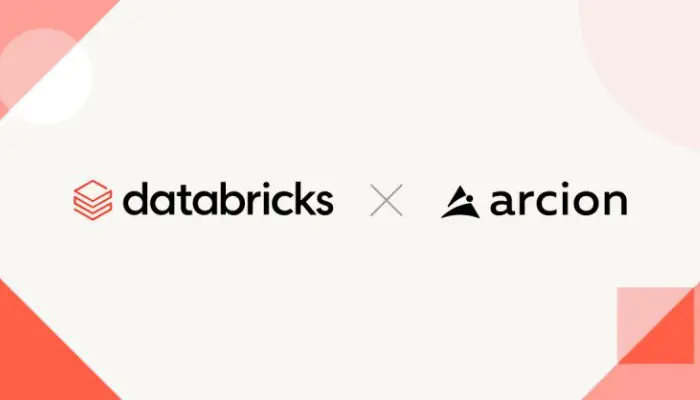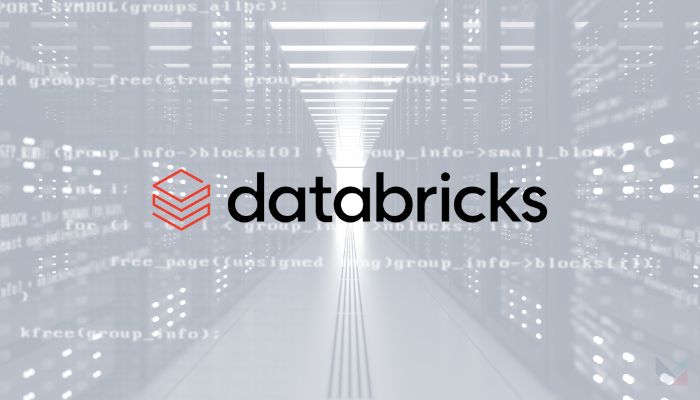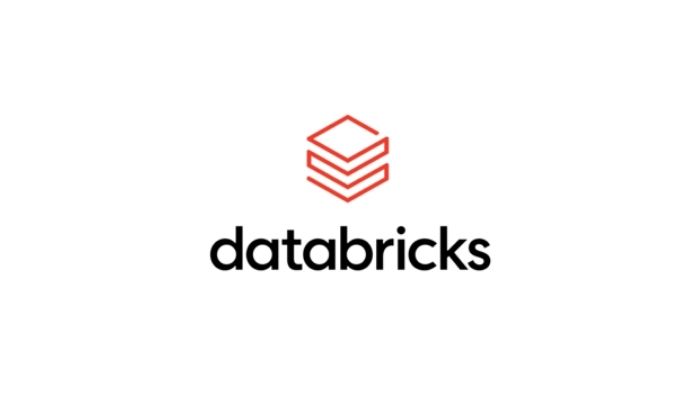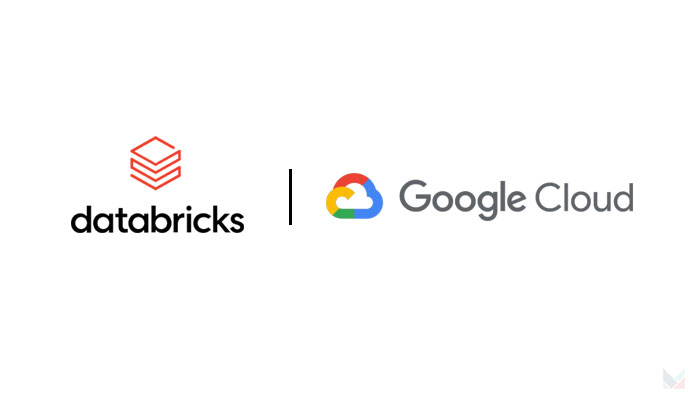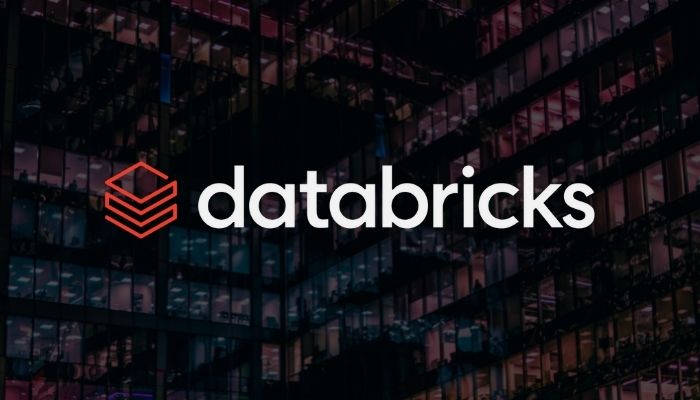Singapore – Businesses are increasingly integrating customer data platforms with AI and analytics to personalise customer experiences and drive business success, according to a new report from customer engagement platform Twilio.
Data from the report suggests that amidst the widespread adoption of AI, businesses are grappling with an exponential increase in data volume, with Twilio Segment processing a record high of 12.1 trillion API calls in 2023.
This increase is indicative of a larger trend towards more sophisticated, data-centric operations, emphasising the essential role of real-time data processing and seamless AI technology integration.
With this in mind, Twilio emphasises that the ability to quickly harness data insights through CDPs that are open and interoperable with data warehouses is a critical competitive edge, enabling businesses to efficiently collect, unify, and activate data across various platforms.
Going into detail, other key findings of the report claim that data integrity is essential for deriving meaningful customer insights and leveraging AI competitively, as the effectiveness of AI hinges on the data it’s trained on.
Additionally, data warehouses continued to spike in popularity as one of the most popular destination categories for customer data in 2023, as businesses pave the way for deeper analytics and AI-driven insights.
Talking about these findings, Kathryn Murphy, SVP of product and design at Twilio, said, “In 2024, more and more brands will turn to AI to deliver better, more personalised experiences for their customers. Our report showcases the essential role customer data plays in maximising AI’s effectiveness.”
“At Twilio, we’re seeing a significant trend towards leveraging the interconnectedness of AI, data warehouses, and digital communication channels. The ability to interoperate with data warehouses is essential, ensuring that CDPs act as a pivotal technology for brands eager to leverage AI and data to forge even stronger relationships with their customers,” she added.
Meanwhile, Chris Hecht, SVP, corporate development and product partnerships, at Databricks, commented, “As businesses look to break down data silos and rely on a unified data platform to power their analytics and AI initiatives, the importance of data sharing and data quality has never been more apparent.”
“Our collaboration with Twilio Segment signals our dedication to ensuring that organisations leverage the full potential of their data – no matter where it lives – and can effectively bridge the gap from data to insights using cleaned and verified event profile data”, he added.


